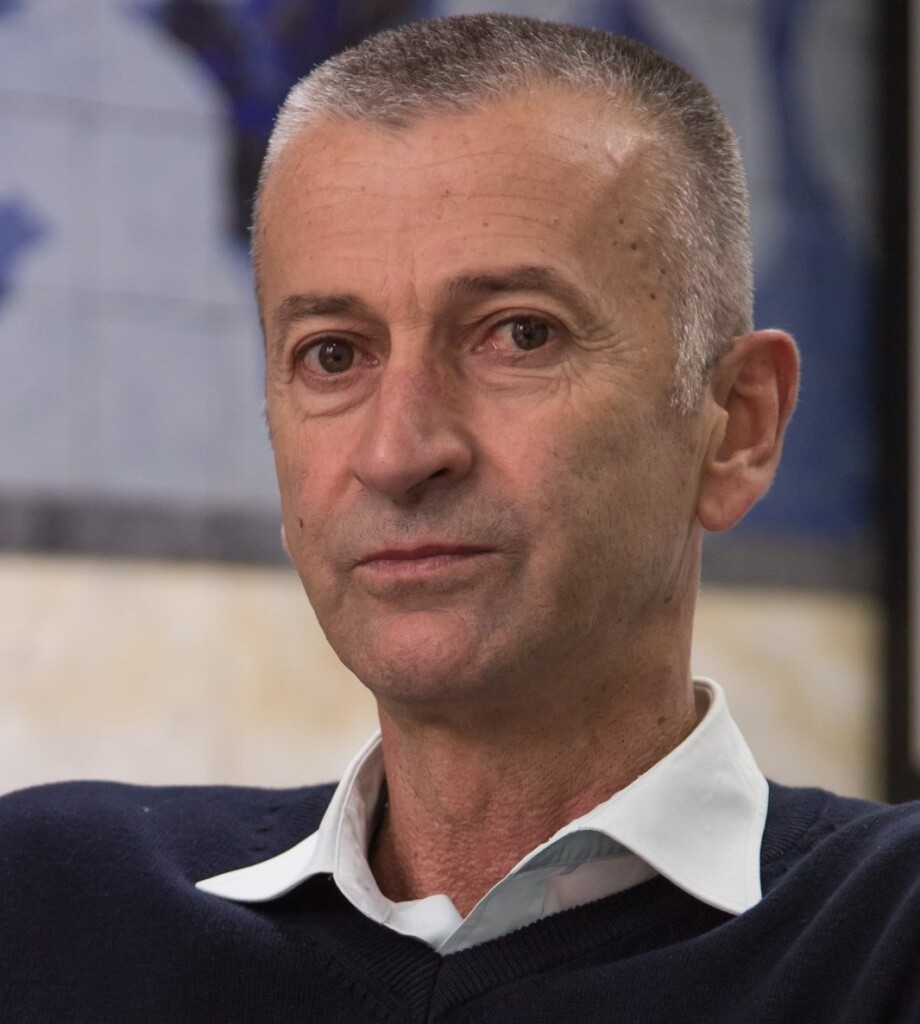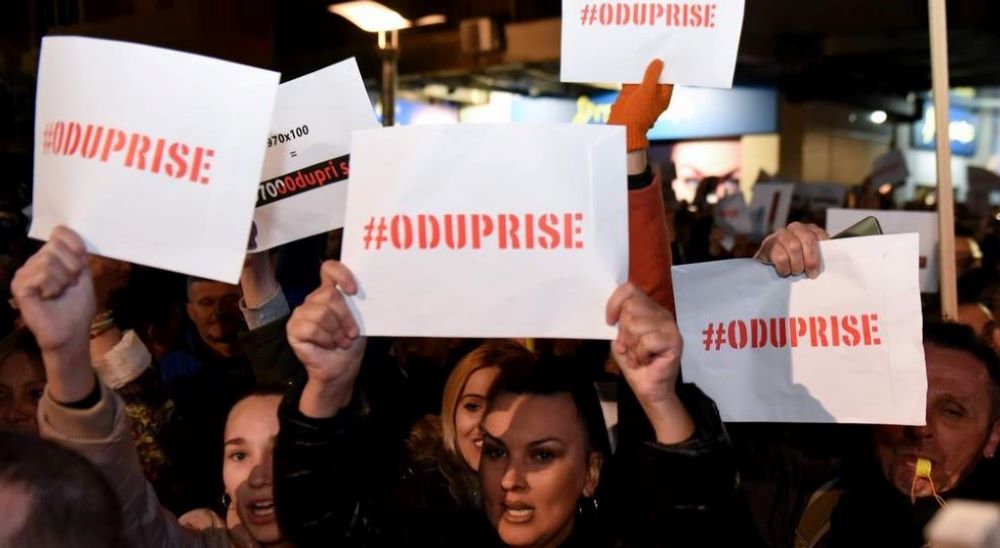The Odupri se (Resist) protests were the last chance for Montenegro to reconcile and unite over common, universal values, and for the transition of power to take place peacefully without fractures, revanchism, nationalism and clericalism.

Omer Sarkic
A deeply divided society without democratic tradition or established civic consciousness, accustomed to always having a master (government), the citizens of Montenegro do not posses a “natural” predispositions for civic activism. It’s seen as self-destruction, closing the doors to personal protectionism and nepotism in which Montenegro suffocates and by which it operates, and exposing oneself to risk of covert or overt persecution.
And yet, a thirty-year long – unchanged – government, steeped in corruption, nepotism, injustice and arrogance, with a barren and quite similar opposition, forced citizens to rebel, to stand up for their rights. A couple of years ago, civic activism in Montenegro simply erupted. It started with the so-called “Cupressus Revolution” in Bar, and at the same time the largest and longest-lasting civil protests “Resist” took off.
After the “Envelope” affair went public – a video clearly showing Djukanovic’s tycoon Dusko Knezevic giving 97,000 euros to Djukanovic’s adviser Miodrag Stijepovic, a former minister and mayor of Podgorica, intended for election machinations – ourselves and five other citizens launched the protests. The first, in February 2019, gathered around one thousand people, and from the fourth onwards it was constantly around 20,000 protesters, which is equivalent to protests of 300,000 citizens in Serbia. We demanded that there be no party, national or any other flags and insignia on them, that the protests be civilized and peaceful. We focused them exclusively on solving the problems that afflict all citizens of Montenegro: fight against corruption, for rule of law, free institutions, free elections, change of government … This is where the deeply divided Montenegro finally reconciled. “Chetniks” and “comites”, Serbs, Albanians, Bosniaks began to talk to each other, to be with each other, to make friends, and not see each other as enemies. The government found itself in trouble, it launched all the media under its control, as well as Montenegrin and regional analysts, to present the protests in the worst possible light.
Although the protests saw citizens do the work that the political opposition was supposed to do, some of them, fearing the loss of their party-political monopolies, did not lag behind the then ruling oligarchy in trying to quell the protests, which happened four months later. It had become crystal clear to us that the political alternative is not much better than the current government, and in some ways it’s even worse, which turned out to be true after the change of government. The leader of an opposition group at the time, for example, advised us to provoke riots and interethnic incidents in order for the international community to intervene and respond!
I believe that Resist protests were the last chance for Montenegro to reconcile and unite over common, universal values, and for the transition of power to take place peacefully without fractures, revanchism, nationalism and clericalism.
With the shutdown of “Resist”, a series of smaller, but very important, mostly environmental protests for the defence of forests and rivers began. Citizens began to exert strong pressure on the government, captured institutions and corrupt individuals, all in an organized manner.
With the change of government after religious protests, the new clero-nationalist government, rather than establish the rule of law and reconciliation, generated even greater divisions in which citizens became “respected people, faithful people, brothers and sisters.” There is no place for civic activism in that type of environment, so it has completely died out.
Social engagement is an essential need of us all, even in much more orderly societies than Montenegro. There is no party, independent media, or NGO that will recognise problems and defend the interests of the citizens in the way they can detect and defend themselves.
Omer Sarkic is a civic activist and blogger of the PCNEN portal



Leave A Comment